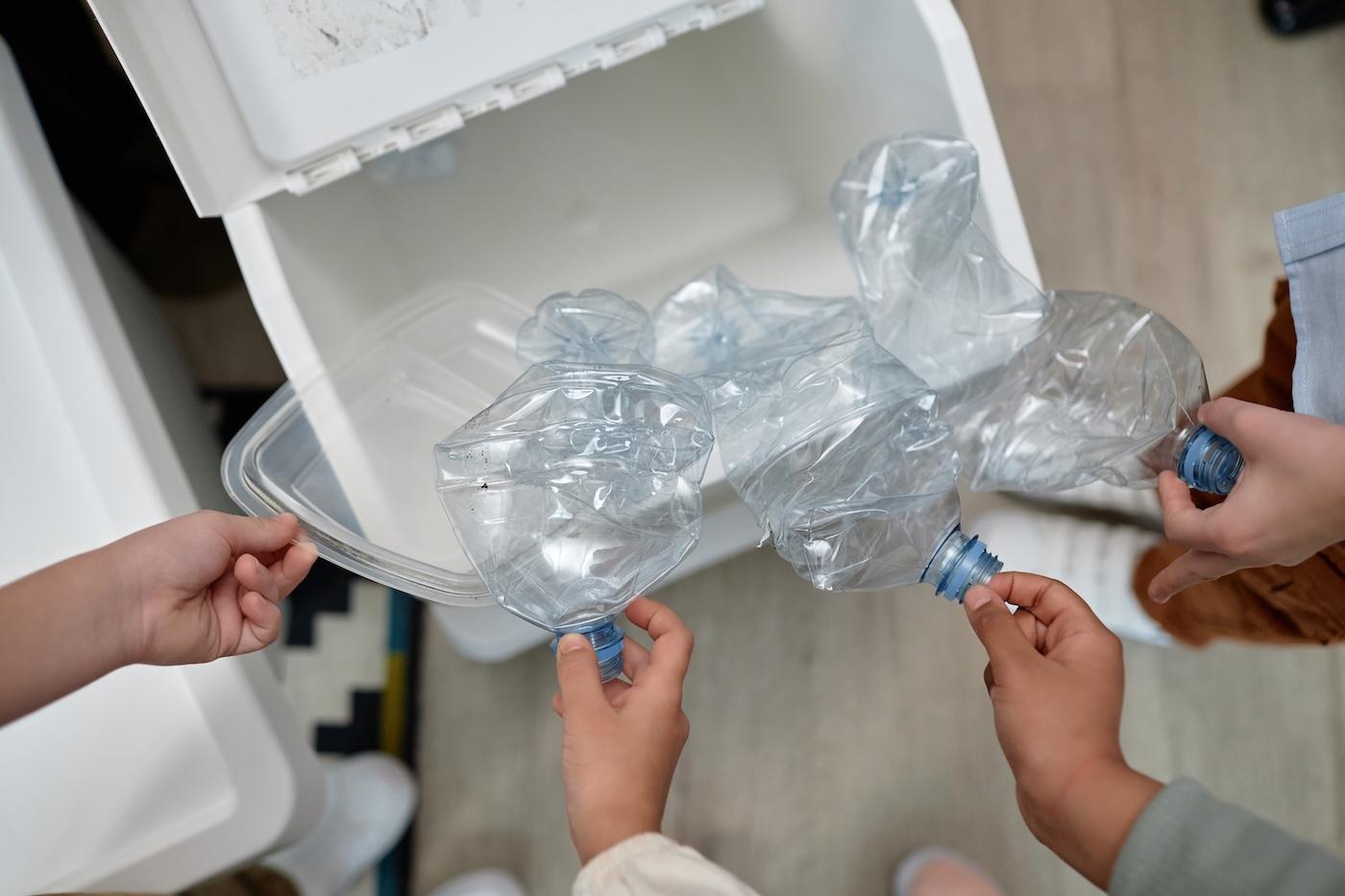PARENTS
Real Parents, Real Talk… On Breastfeeding: Myleik Teele
"I was the only person of color I knew who was breastfeeding."

Written by
Happiest Baby Staff

In honor of Black Breastfeeding Week, we’re interviewing a few moms to gain a better understanding of their experiences with breastfeeding and motherhood as Black women.
"I was the only person of color I knew who was breastfeeding."
That's what Myleik Teele, founder of curlBOX, told us when we talked with her for Black Breastfeeding Week.Although you may find this to be surprising,her experience isn't unusual among Black women.
The Center for Disease Control and Prevention found that only 64% of Black mothers breastfeed at all. And on average, Black mothers only breastfeed for 6.5 weeks, falling short of the American Academy of Pediatrics' recommendation of breastfeeding for the first 6 months of a baby's life.
Why are Black mothers' breastfeeding rates so low? The CDC explains that this can be attributed to a few factors: Black mothers return earlier to work, they receive less information about breastfeeding from medical professionals and they have limited access to support like lactation consultants.
When Myleik was pregnant with her son, Noah, she decided she was going to breastfeed for one year no matter what. Shortly after delivering Noah while in the hospital, a lactation consultant helped Myleik with nursing by showing her how to get her son to latch and where to place pillows to support him.
Myleik felt it was important to share with her community that she was a Black woman breastfeeding—on Instagram, she boasts 168,000 followers—and she wanted for other women of color to see her breastfeeding. She figured that many of them probably had the same experience she had of never seeing breastfeeding amongst their families.
View this post on Instagram
A post shared by myleik (@myleik) on May 12, 2019 at 7:45am PDT
“I wasn’t breastfed…I always saw babies given formula," Myleik said. "If you have a child and the doctors taking care of you give you formula, you listen to them and use the formula. My mom thought she was giving me something better than she could provide for me herself because her doctor recommended it. So, when my mom watched me breastfeeding Noah she was fascinated."
Myleik had a much different experience. Her doctor—a Black male perinatologist in her hometown of Atlanta—was “all about women, especially Black women,” and advocated breastfeeding. But even all these years later, her mom’s experience is not uncommon. Black women are more likely to be given formula for their babies. In fact, they're nine times more likely to be given formula in the hospital than white mothers, according to a study by the National Institutes of Health.
In addition to her wonderful doctor, Myleik was able to find support through a lactation consultant and doula but also through an online community of Black breastfeeding mothers. She joined a Facebook group called "Breastfeeding Support Group for Black Moms" that is 74,000 members strong.
Myleik nursed on demand for the first six weeks of Noah’s life. After that she started pumping and luckily Noah took to the bottle without a problem. While working she would pump every three hours and send that milk to daycare with Noah. Now, at 17-months old, she nurses him in the morning and at night, and the rest of the day he’s eating regular food.
What does it look like as a traveling, working, and breastfeeding mom? She no longer pumps during the day unless she’s out of town. When on the road she brings a cooler, her pump, and storage bags that she flies back home with. Usually she doesn’t have any trouble with the process, but once TSA was “tough” about it, questioning her and conducting a deeper security search because she was traveling without her baby. But Myleik shrugged it off, sharing that she eventually made it through security, milk in tow, and didn’t experience any real inconveniences besides that one time.
Myleik is continuing her and Noah’s breastfeeding journey today. She plans on breastfeeding until Noah turns 2, which aligns with the World Health Organization's recommendations.
Her dedication to breastfeeding has paid off.
“Noah has never had an ear infection and never been to the doctor for issues other than regular stuff,” Myleik proudly exclaims. She chalks that up to being able to breastfeed her son.
View this post on Instagram
A post shared by myleik (@myleik) on Aug 3, 2018 at 8:40am PDT
Disclaimer: The information on our site is NOT medical advice for any specific person or condition. It is only meant as general information. If you have any medical questions and concerns about your child or yourself, please contact your health provider.
SHARE THIS ARTICLE
MOST LOVED
Sleepytime Sidekicks












